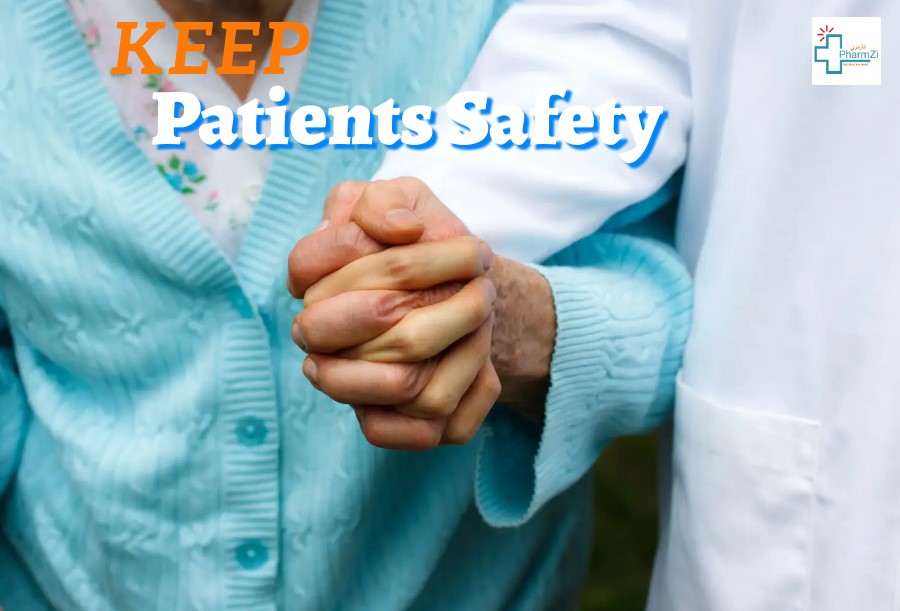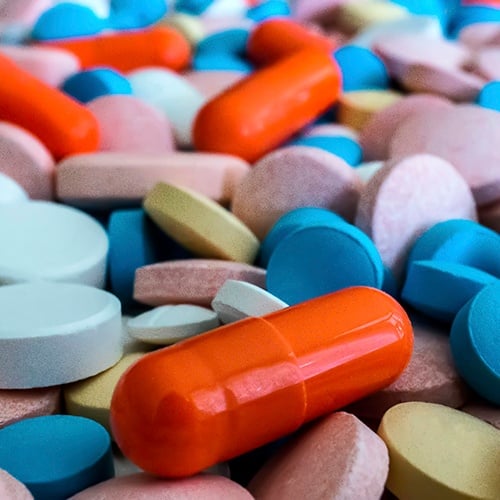ABOUT US
PharmZi is a comprehensive healthcare solutions company in the field of pharmacovigilance, fully dedicated towards its services to Pharmaceutical Industries and other Healthcare domain mainly focusing on literature surveillance activities for your products from the most relevant available literature sources.
Read more
SERVICES
BLOG

Pharmacovigilance and Literature Review
Keeping Patients Safety
Pharmacovigilance, or the monitoring of the safety of medications, is a crucial aspect of healthcare. It is the process of identifying, evaluating, and preventing adverse effects of drugs. Literature review is an important part of pharmacovigilance as it allows for the identification of potential risks and benefits of a medication.
A literature review is a systematic and critical evaluation of the existing literature on a specific topic. It involves searching for, selecting, and critically evaluating the relevant literature. The purpose of a literature review is to gain an understanding of the current state of knowledge on a topic and to identify gaps in knowledge that need to be further researched.
In the context of pharmacovigilance, literature reviews can be used to identify potential risks and benefits of a medication. For example, a literature review may reveal that a medication has a higher risk of causing certain side effects in certain populations. This information can then be used to develop strategies to minimize the risk of these side effects and to improve the overall safety of the medication.
Additionally, literature reviews can also be used to identify potential drug-drug interactions, which can be a significant safety concern. For example, a literature review may reveal that a medication may interact with other medications, leading to an increased risk of side effects. This information can then be used to develop strategies to minimize the risk of drug-drug interactions and to improve the overall safety of the medication.
In conclusion, pharmacovigilance and literature review are closely related and play an important role in keeping patients safe. Literature reviews are an important tool for identifying potential risks and benefits of medications, and can be used to develop strategies to minimize the risk of side effects and drug-drug interactions. By conducting regular literature reviews and monitoring the safety of medications, we can ensure that patients receive safe and effective treatment.

Drug Safety Physician
Our Drug Safety Physician has strong medical knowledge and experience in reviewing and analysing adverse events identified during post-marketing surveillance from different sources such as spontaneous, solicited, published scientific literatures and from clinical trials, so that safety signals are identified and investigated in a timely manner, contributing to risks being mitigated well.
PharmZi provide services to the Marketing Authorization Holder with our medical staff in assessing the seriousness and the causality of adverse events and determine if the reported events must be expedited to the regulatory authorities and with their clinical knowledge of the disease and the drug/event combination, the drug safety physician plays a significant part in this case assessment process.
The medical staff team involved during preparation various Pharmacovigilance documents for medical assessment but not limited to:
- Evaluation of each drug event combination on a case-by-case basis and perform aggregate analysis of similar cases (aggregate reporting such as PSUR/PBRER) to notice a pattern or a causation trend defined as a signal.
- Looking at all the undesirable events and see if there is a design or a pattern in the reports. This is called signal detection. In signal detection, the drug safety physician exercises medical knowledge to notice alternative etiologies contributing to the adverse events. If not, the pattern is validated for further assessment.
- Playing an important role in mitigating the risks identified during the drug’s clinical trials and post-marketing period. They become engaged in identifying, implementing, and evaluating such risk minimization methods, which may be required for the approval of the drugs by the regulatory authorities such as the SFDA, USFDA, EMEA, and MHRA.
- Providing appropriate medical coding of adverse event and medical term for Medical Dictionary for Regulatory Activities (MedRA).
The role of the role of Drug Safety Physician in the domain of pharmacovigilance is very crucial and significant for evaluation of the safety information identified through various source.














